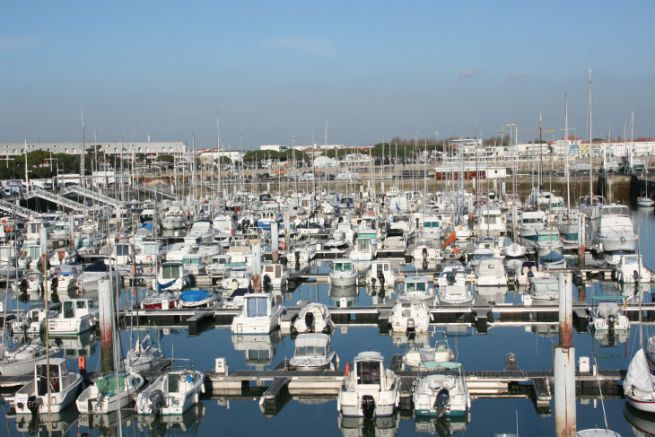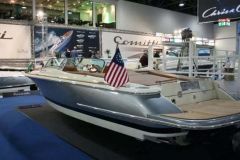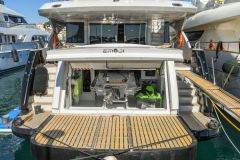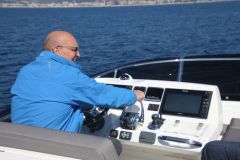4 Main objectives
France has validated its National Strategy for the Sea and the Littoral by decree. It thus responds to the European framework and sets itself four main long-term objectives:
- ecological transition for the sea and coastline
- the development of the sustainable blue economy
- the good ecological status of the marine environment and the preservation of an attractive coastline
- france's influence
The text, which must be revised every 6 years, sets itself 26 priority actions and 4 transversal work axes:
- Relying on knowledge and innovation
- Developing sustainable and resilient maritime and coastal territories
- Support and enhance initiatives and remove obstacles
- Promoting a French vision within the European Union and in international negotiations
A single point on boating
Pleasure boating is only the subject of item 18:"Supporting pleasure boating in its evolution".
It is recalled that the ecological transition and sharing economy approach began in the yachting sector, with in particular the future implementation of the ship recycling sector with extended producer responsibility. The text also mentions the label Ports Propres, set up with AFNOR. No specific target is set.
Ancillary supports
Other objectives will obviously have effects on the nautical industry and related coastal tourism.
The National Strategy for the Sea and the Littoral emphasizes the teaching of the sea and awareness of maritime heritage, wishing in particular to include French maritime culture in Unesco's world heritage. The State also has the ambition to create a maritime education cluster.
General support for maritime innovation is also highlighted. In particular, eco-design in yachting is mentioned.
The text also provides for the development of coastal and maritime tourism through nautical leisure activities, which will benefit the boating industry.
The interest in maritime spatial planning aims to reconcile uses by seeking synergies between activities, thus covering the thorny subject of access to places protected by pleasure boaters. A simplification of the administration of the sea is also on the table.
In conclusion, it is regrettable that the strategy is content to pursue the existing without setting any objective on economic and technical developments, strictly linked to yachting. Nevertheless, we can hope that boating will benefit from the advances made by the maritime sector as a whole.













